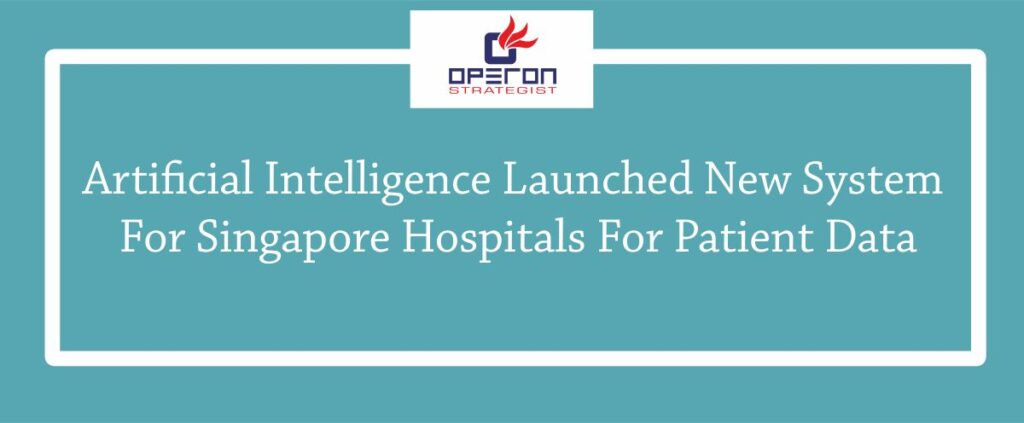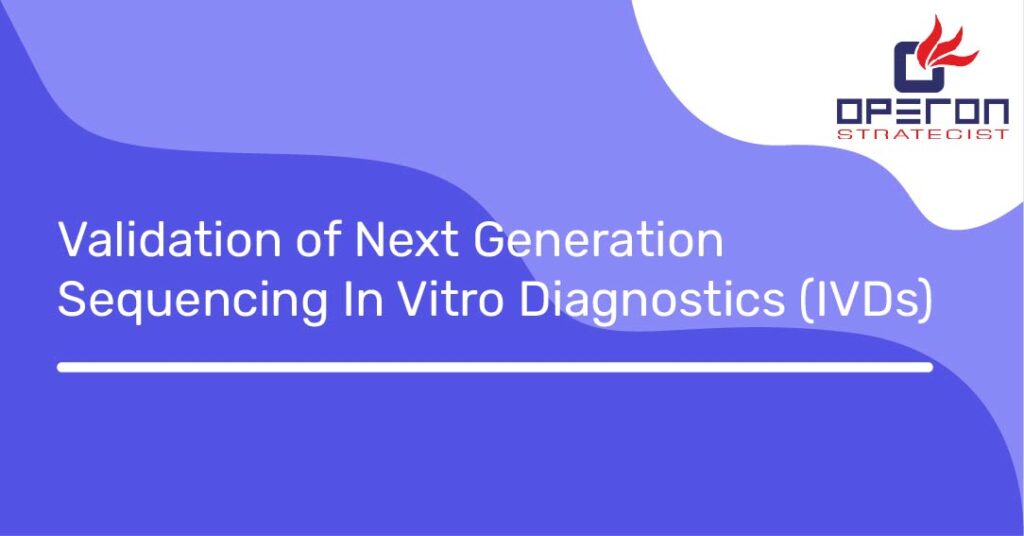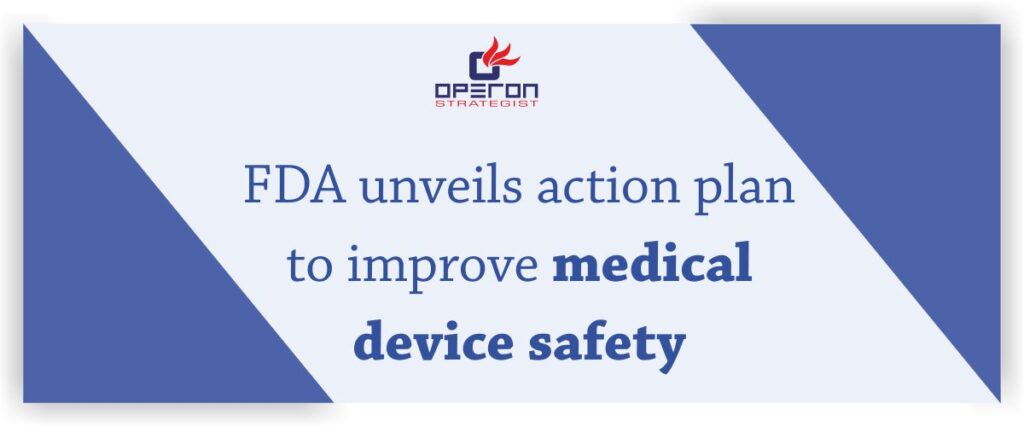Imagine stepping into a hospital outpatient clinic or polyclinic and skipping the long wait, just by looking into a camera.
It is a facial recognition device which is able to match a patient to his or her medical and personal data. There is no manual registration or paperwork to be done. A text message will tell the patient which consultation room to head to, and the medical bill could even be sent directly to the patient’s home or email address.
This could soon become a reality at hospitals under the National University Health System (NUHS), with an artificial intelligence healthcare system called Discovery AI which incorporates different AI tools to make sense of the huge amount of hospital data.
Launched at the NUHS Healthcare AI Datathon and Expo on Friday (Jul 6), Discovery AI has been test-bedded at the National University Hospital (NUH).
The system is expected to be deployed in phases in the coming years, across NUHS institutions including NUH and Ng Teng Fong General Hospital and Jurong Community Hospital.
“A lot of time is needed to pull outpatient data, collate it, review it, and then decide what to do. With artificial intelligence, we can have tools which can be automated to pull out and collate data and present them in ways which make it much easier for health professionals to make decisions for patients,\” said Professor Tan Chorh Chuan, who is executive director at the Ministry of Health’s Office for Healthcare Transformation.
Advertisement
\”What this means, of course, is that health professionals will have more time on direct patient care.\”
Another use for the raw data that Discovery AI processes are through a Command Centre – an intricate map of patient data that gives doctors an overview of every single patient in a hospital.
Each patient is represented by a concentric circle, which contains information such as a patient\’s age, medical condition, medication, length of stay, ward class and even a breakdown of hospital fees. Doctors just need to pull up the patient’s circle to gain instant access to the data.
It is so powerful it can even predict the probability of a patient being re-admitted. This means doctors can follow up more closely to prevent it from happening, and help them make better decisions.
“Discovery AI is a production level sandbox to build and implement AI tools for healthcare. So it addresses the issue of privacy of the patients’ data, security that’s required to use the data in a fair and equitable way, and it gives hospital administrators and leaders an oversight of how the data is going to be used throughout the healthcare continuum,” said Dr Ngiam Kee Yuan, NUHS\’ group chief technology officer.
But doctors have also pointed to the one crucial thing that AI cannot replace – the human touch.
\”It makes us better, more efficient, more precise. I must emphasize that none of the tools that we build is to replace doctors, they are all to help us become better at what we do to improve the accuracy of doctors making diagnoses,\” said Dr Ngiam.
Prof Tan added: “Many patients like the personal touch with their care providers, patients expressed a preference for artificial intelligence to be used to augment their care teams as opposed to replacing them.
\”So in the future, I think we will see artificial intelligence replacing some of the more tedious, repetitive tasks that health professionals need to do, and allow them to have more time to have more personal and face to face interaction with patients.\”
Another state-of-the-art AI technology that could soon make its way into local hospitals is a contactless vital signs monitor, which reads a patient\’s heart rate and blood pressure remotely. This device will save nurses time when making their rounds. It can even monitor a patient during his sleep, without the need to wake him.
-
adminhttps://operonstrategist.com/author/admin-2/
-
adminhttps://operonstrategist.com/author/admin-2/
-
adminhttps://operonstrategist.com/author/admin-2/
-
adminhttps://operonstrategist.com/author/admin-2/





